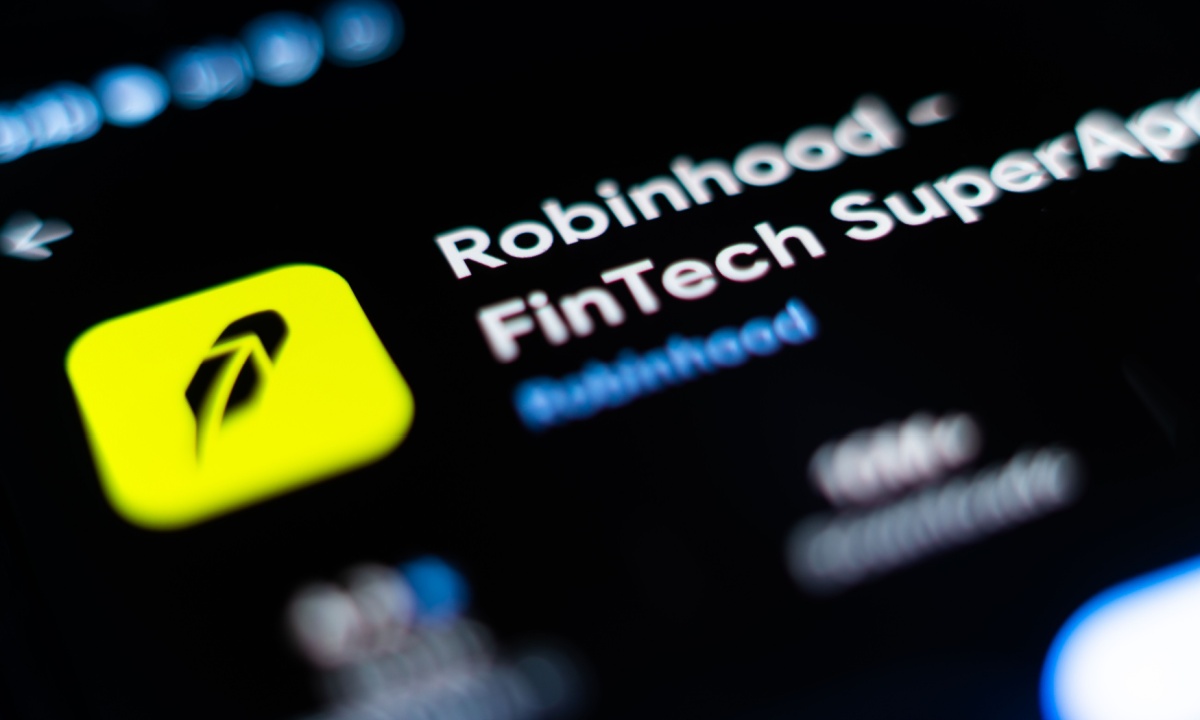Robinhood Markets recently unveiled its Q2 2025 results, signaling a profound strategic pivot from its origins in commission-free retail trading to a sophisticated, diversified financial platform. This quarter saw the FinTech company’s revenue surge by an impressive 45% year-over-year, reaching $989 million, alongside a doubling of diluted earnings per share to $0.42, underscoring its aggressive expansion.
A significant driver of this financial upturn was the substantial growth in its Cryptocurrency operations. Robinhood reported a remarkable $160 million in crypto revenue, marking a 98% year-over-year increase, complemented by $35 billion in trading volume. This impressive performance was notably bolstered by the strategic Bitstamp acquisition, solidifying Robinhood’s successful transition towards offering institutional-grade digital assets services, including innovative features like staking and stock tokenization.
To cement its newfound position and cultivate long-term customer value, Robinhood is heavily investing in robust infrastructure and advanced services. This forward-looking approach aims to enhance its institutional credibility, proactively addressing the complex and potentially challenging regulatory landscape that often accompanies rapid expansion in the financial technology sector.
The Bitstamp acquisition, a legacy exchange with deep European roots and over 50 regulatory licenses, has been pivotal. It provided Robinhood with more than just trading infrastructure; it delivered crucial compliance credibility, extensive cross-border licensing, and a level of operational maturity essential for fostering institutional trust. This deal has fast-tracked services such as crypto staking for eligible U.S. users and stock tokenization, allowing European investors to trade over 200 U.S. equities in tokenized form.
Furthermore, Robinhood is on the cusp of acquiring WonderFi, a Canadian digital asset platform specializing in decentralized finance (DeFi) tools. This deal, expected to close in the latter half of 2025, is poised to significantly expand Robinhood’s footprint across North America and deepen its capacity to offer cutting-edge programmable finance solutions, further solidifying its position in the evolving financial markets.
Internally, Robinhood has diligently established institutional-grade infrastructure, including secure custody solutions, stringent anti-money laundering (AML) and know-your-customer (KYC) processes, and advanced trading engines. With the combined regulatory prowess of Bitstamp and the technological sophistication of WonderFi, Robinhood appears strategically positioned to compete with established firms like Coinbase and Galaxy, bridging the gap between traditional finance and crypto-native platforms.
Beyond digital assets, Robinhood’s Q2 earnings also highlighted robust growth in its core FinTech verticals, emphasizing long-term customer lifetime value. Robinhood Gold, the company’s premium subscription offering, witnessed a record 3.5 million members, a substantial 76% year-over-year increase, showcasing a growing preference for enhanced financial services.
Robinhood Banking, currently in internal beta, is slated for public rollout, aiming to democratize private banking features. This initiative seeks to bring high-yield savings, estate planning, and net worth tracking to the mass market, underscoring Robinhood’s commitment to providing comprehensive financial tools for everyday users.
Despite these advancements, significant regulatory headwinds persist. Crypto staking and tokenization, two of Robinhood’s most promising innovations, face uncertain regulatory treatment in both the U.S. and Europe. Scrutiny from regulatory bodies, alongside evolving interpretations of tokenized securities, could necessitate strategic recalibrations, posing a critical challenge to their continued expansion in the Cryptocurrency space.






Leave a Reply